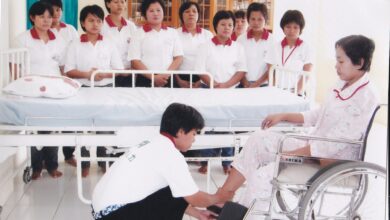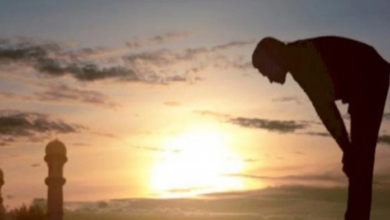Wilders' Court goes awry

 Dutch anti-Islam politician Geert Wilders is on trial Monday (4/10), for being accused of inciting hatred against Muslims. He is accused of inciting hatred and discrimination against Muslims in comments he makes in the media and of insulting Muslims when comparing Islam to Nazism.
Dutch anti-Islam politician Geert Wilders is on trial Monday (4/10), for being accused of inciting hatred against Muslims. He is accused of inciting hatred and discrimination against Muslims in comments he makes in the media and of insulting Muslims when comparing Islam to Nazism.
However, as reported Nederland radio, the trial went awry. The court in Amsterdam took until Tuesday 5 October to consider Wilders 'lawyer' s refusal of the judge brought up by lawyer Bram Moszkowicz.
Not to mention two hours of the trial process, the lawyer had rejected the judge who handled the case. According to Moszkowicz and Wilders, this trial has generated an impression of partiality.
When his trial began, Geert Wilders declared he would exercise his right to remain silent. "I think all that needs to be said I have said." He also added that he would not answer any of the judges or prosecutors' questions.
Jan Moors, chairman of the panel of judges at the Amsterdam court, stated that his court reads newspapers and watches television and "it seems, as the mass media observes, Wilders has always avoided discussion." Lawyer Bram Moszkowicz said it was not appropriate for judge Jan Moors to denounce Wilders' decision to remain silent. "That is a basic right," said the lawyer.
shut up
In the Dutch criminal court, a defendant has the right to keep his mouth shut, because he cannot be obliged to participate in punishing himself. "Unworthy, inappropriate and cursed," Wilders said of the presiding judge Jan Moors.
According to Moszkowicz's lawyer, his client is now dealing with the court that will convict him. Geert Wilders is on trial as a result of an Amsterdam court ruling. The prosecution did not really want Wilders to prosecute. Meanwhile, the people who reported Wilders later took the prosecutor's decision to court, and they succeeded.
Now the prosecutor's office has accused Wilders of insulting Muslims for equating the Holy Qur'an with Hilter's Mein Kampf. Apart from that, his writings were published in newspapers De Volkskrant and daily De Press Wilders is said to have encouraged hatred and discrimination.
It took the Amsterdam court five days to handle Wilders' case. One of the most important days will be spent questioning the defendant. Since Wilders didn't want to answer the question, it probably wouldn't take him five days to proceed.
Security is tight
In the process a film will also be shown Fitna who are anti-Islamic. In March 2008 fillm Fitna published on the internet. Prosecutors will use the film in their charges against Wilders.
This controversial process comes amid tight security measures. In front of the courthouse there were many police and military police and cops on horseback. The public and the press enter through different doors. Among the journalists were also foreign journalists.
The court hearing of the PVV leader is now suspended pending a decision on the refusal of the judge submitted by the lawyer. A certain section of the Amsterdam court called the wrakingskamer will handle this request. It seems that the judge who has been asked to be replaced will also be questioned and he can also ask for questioning. This wrakingskamer decision cannot be challenged by appeal.
If the attorney's request is fulfilled, then another court must be appointed to handle Wilders' case.
The trial was taking place at an awkward time for Wilders. His party is preparing to gain a strong role in government through its support for a government that only won a minority consisting of the Liberal Party (VVD) and Christian Democrats (CDA). After the elections in June, VVD and CDA only won 52 seats out of 150 parliamentary seats. With the support of Wilders, they can get a majority of at least 76 seats.
Nederland radio reported that it was actually not the prosecutor's office that brought him before the judge, but a group of residents. Last year, the Amsterdam High Court issued an order to the prosecutor's office to sue the politician. "He is divisive, he creates hatred, he creates conflict. Some people just can't accept this. Others can accept it, "Mohammed Rabbae of the Moroccan National Council was quoted as saying AFP.
This judicial process consists of five court sessions. This case has attracted a lot of attention, both from within and outside the country. The security around the court was very tight. (Mel / ddhongkong.org). *



